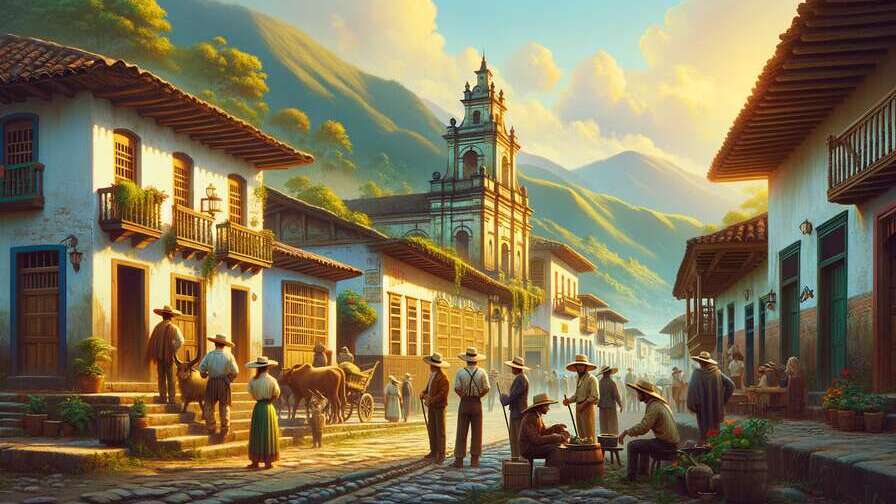Author Spotlight: Gabriel Garcia Marquez
- by Ramira Cea
- Jan 14
- Author Spotlights

Born on March 6, 1927, in Colombia, Gabriel García Márquez won the Nobel Prize in Literature before passing away on April 17, 2014. The author had a really hard time learning to read as a child. But after reading The Metamorphosis by Franz Kafka, he also realized that writing was his calling. Known by his nickname, "Gabo," he began studying law but dropped out, worked as a journalist, sold encyclopedias, and became a very successful writer.
Fantastical, amazing, or magical characteristics are what define his works. The most well-known is One Hundred Years of Solitude, which narrates the tales of the people who live in the made-up town of Macondo. The author uses this narrative setting in subsequent works of his. He also penned other noteworthy pieces like Love in the Time of Cholera and Chronicle of a Death Foretold. They are all members of the "not always peaceful armies of literature," as Gabo would put it.
Early Life and Influences
From the age of two to eight, he was raised by his maternal grandparents. In 1931, he had his first experience with cinema when his grandfather took him to see a vampire movie. In 1934, he started attending Montessori school. In 1935, despite great difficulty, he learned to read. As a teenager, he read "The Metamorphosis" by Franz Kafka, which inspired him to become a writer.
Known as "Gabo", he enrolled in the Faculty of Law at the National University of Colombia in 1947. He did not complete the course, choosing instead to pursue journalism
Career
He started selling encyclopaedias in 1952 to make ends meet, and in 1955 he published his first novel, "Leaf Storm". In the following four years, he resided in Paris, Rome, and Geneva. While in France, he authored the story "No One Writes to the Colonel" despite experiencing financial troubles.
He relocated to Venezuela in 1958 where he was employed as a journalist. Later, he opted to remain in Mexico, where he worked in advertising and penned his first script. 1967 saw the release of "One Hundred Years of Solitude" ("Cien años de soledad"), which became his biggest literary hit. He went on to have a very prosperous literary career after that.
Among the many accolades and awards he received were:
- First place in the Association of Writers and Artists competition (1955)
- ESSO Prize for Colombian novel, for In Evil Hour (1961)
- Honorary Doctorate from Columbia University, New York (1971)
- Rómulo Gallegos Prize for One Hundred Years of Solitude (1972)
- Legion of Honor Medal in Paris (1981)
- Order of the Aztec Eagle in Mexico (1982)
- Nobel Prize in Literature (1982)
- Forty-Year Prize from the Bogotá Journalists' Circle (1985)
- Honorary Member of the Caro and Cuervo Institute in Bogotá (1993)
Legacy and Impact
Gabriel Garcia Marquez's influence extends beyond literature. His works have inspired countless writers and artists, and his themes of social justice and human dignity continue to resonate. In 1982, he was awarded the Nobel Prize in Literature, with the Swedish Academy citing his novels and short stories "in which the fantastic and the realistic are combined in a richly composed world of imagination, reflecting a continent's life and conflicts."
Garcia Marquez's legacy is also evident in the continued popularity of his works. His novels are studied in schools and universities worldwide, and new generations of readers continue to discover the magic of his storytelling.
Conclusion
Gabriel Garcia Marquez's contributions to literature are immeasurable. His masterful storytelling, rich characterizations, and unique blend of magic and reality have left a lasting legacy. As readers, we are fortunate to have the opportunity to immerse ourselves in the worlds he created, and to experience the wonder and beauty of his prose. Gabriel Garcia Marquez remains a beacon of literary excellence, reminding us of the power of storytelling to transcend time and place.